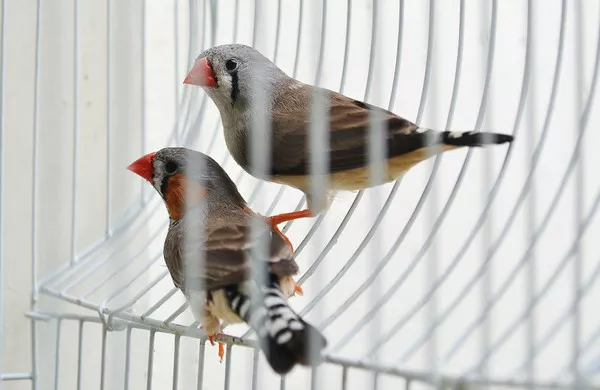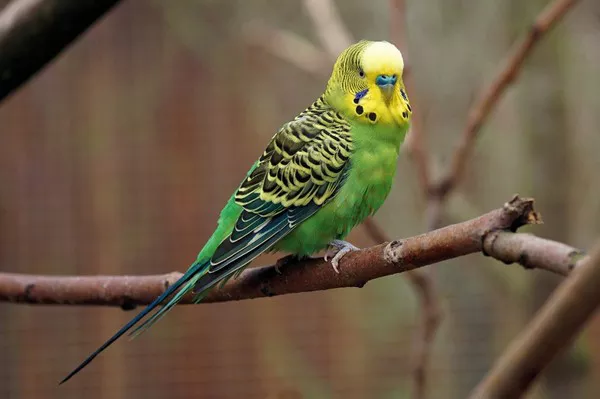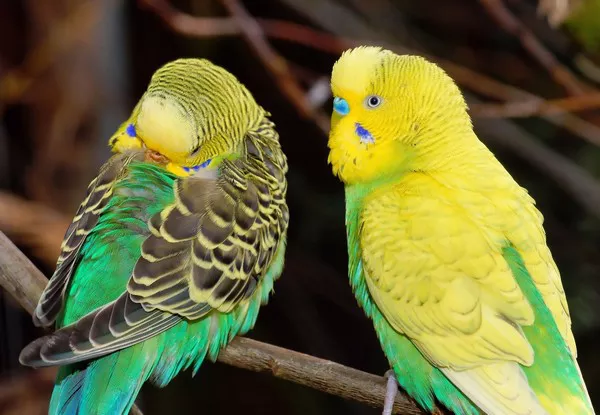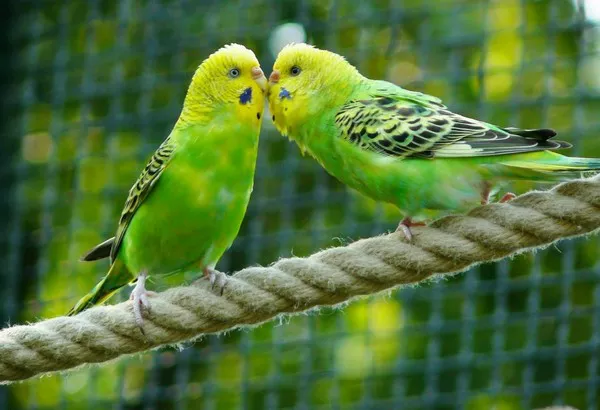Sun Conures are one of the most vibrant and social parrots you can keep as pets. Known for their stunningly bright yellow, orange, and green plumage, these birds are also famous for their playful demeanor and strong bonding with their human companions. As a responsible Sun Conure owner, it’s essential to understand their dietary needs to ensure they remain healthy and active.
One question that often comes up is, “Can Sun Conures eat oranges?” The short answer is yes, but there are some important details to consider before incorporating oranges into their diet. This article will explore the topic in depth, covering the nutritional needs of Sun Conures, the benefits and risks of feeding oranges, and how to safely introduce this fruit into their diet.
Understanding the Diet of Sun Conures
Sun Conures are medium-sized parrots native to South America. In the wild, they primarily consume a varied diet of fruits, nuts, seeds, and vegetation. Their natural diet provides them with a wide range of vitamins, minerals, and other nutrients necessary for their health and well-being.
When kept as pets, it’s important to replicate this variety as much as possible. A healthy diet for a Sun Conure typically includes:
High-Quality Pellets: Pellets should make up about 60-70% of their diet. They provide a balanced mix of nutrients and are specifically formulated for parrots.
Fresh Fruits and Vegetables: These should comprise around 20-25% of their diet. Offer a variety of produce to provide different vitamins and minerals.
Seeds and Nuts: While these are high in fat and should be given in moderation, they are an essential source of energy and protein.
Occasional Treats: Small amounts of millet, cooked grains, or other bird-safe snacks can be offered occasionally.
Nutritional Benefits of Oranges for Sun Conures
Oranges are a nutrient-dense fruit, and their bright, zesty flavor can be a delightful addition to your Sun Conure’s diet. Let’s take a closer look at their nutritional composition and benefits:
1. Rich in Vitamin C
Vitamin C is an essential antioxidant that helps support the immune system, reduces oxidative stress, and promotes overall health. Although birds can produce their own Vitamin C, additional sources can help during stressful periods or illness.
2. Hydration
Oranges are composed of about 87% water, making them an excellent source of hydration, especially on hot days or after energetic play sessions.
3. Dietary Fiber
The fiber content in oranges aids digestion and ensures smooth gastrointestinal function. A healthy gut is crucial for your bird’s overall well-being.
4. Natural Sugars
The natural sugars in oranges provide a quick source of energy, which is perfect for these active and lively birds. However, this needs to be consumed in moderation to avoid overloading their system with sugar.
5. Essential Minerals
Oranges also contain small amounts of potassium, calcium, and magnesium, which are essential for muscle function, bone health, and overall cellular activity.
Potential Risks of Feeding Oranges to Sun Conures
While oranges offer numerous benefits, there are some risks associated with feeding this fruit to your Sun Conure. Understanding these risks will help you take precautions to ensure the safety of your feathered friend.
1. Acidity
Oranges are highly acidic, which can potentially upset your bird’s digestive system if consumed in large amounts. Over time, excessive acidity may also cause damage to their sensitive stomach lining.
2. High Sugar Content
Although the sugars in oranges are natural, consuming too much sugar can lead to weight gain and other metabolic issues in birds. Moderation is key.
3. Pesticides and Chemicals
Like many fruits, oranges are often sprayed with pesticides and other chemicals during cultivation. If not thoroughly washed, these chemicals could harm your Sun Conure.
4. Choking Hazards
The seeds and tough membranes of oranges can pose a choking risk if not removed before feeding.
How to Safely Feed Oranges to Your Sun Conure
If you decide to include oranges in your Sun Conure’s diet, it’s important to prepare and serve them properly. Here’s a step-by-step guide:
1. Choose Organic Oranges
Whenever possible, opt for organic oranges. These are less likely to be treated with harmful pesticides and chemicals, making them a safer option for your pet.
2. Wash Thoroughly
Even with organic oranges, washing them thoroughly under running water will remove any potential residue or dirt from the surface.
3. Peel and Remove Seeds
Remove the peel and any seeds from the orange. While the flesh of the orange is safe, the peel can contain oils that may irritate your bird’s digestive system.
4. Cut Into Small Pieces
Slice the orange into small, manageable pieces. This makes it easier for your Sun Conure to eat and reduces the risk of choking.
5. Offer in Moderation
Limit orange consumption to a small portion, about one or two segments, once or twice a week. Balance their diet by offering a variety of other fruits and vegetables as well.
6. Observe for Reactions
After introducing oranges, watch your bird for any signs of digestive upset, such as loose stools or changes in behavior. If you notice any adverse reactions, discontinue feeding oranges and consult your veterinarian.
Alternative Fruits for Sun Conures
While oranges can be a healthy treat, it’s important to provide a diverse range of fruits to keep your Sun Conure’s diet balanced. Here are some bird-safe fruits that can be included in their diet:
Apples (seedless): A crunchy, low-sugar option packed with fiber.
Bananas: A soft, potassium-rich fruit that most parrots enjoy.
Blueberries: These small berries are rich in antioxidants and easy for birds to eat.
Papaya: A tropical fruit packed with Vitamin A and digestive enzymes.
Grapes: Serve in moderation due to their high sugar content.
Mango: A sweet and juicy treat loaded with Vitamin C and Vitamin A.
Signs of a Healthy Diet in Sun Conures
Providing your Sun Conure with a balanced diet will reflect in their overall health and behavior. Look for the following signs to ensure they’re thriving:
Bright Plumage: Healthy birds have shiny, vibrant feathers.
Active Behavior: Sun Conures are naturally playful and energetic.
Strong Beak and Claws: A proper diet supports the growth of strong, healthy beaks and claws.
Regular Droppings: Their droppings should be consistent in texture and color, indicating a healthy digestive system.
If you notice any changes in their appearance or behavior, it may be a sign of nutritional imbalance, and you should consult an avian veterinarian.
Conclusion
Sun Conures can safely eat oranges as part of a well-balanced diet. This zesty fruit provides numerous nutritional benefits, including Vitamin C, hydration, and essential minerals. However, due to its acidity and sugar content, oranges should be offered in moderation. Proper preparation, including washing, peeling, and cutting into small pieces, ensures that your bird can enjoy this treat safely.
Remember, variety is key to a Sun Conure’s diet. By offering a mix of fruits, vegetables, pellets, and occasional seeds, you can ensure your vibrant companion remains healthy and happy for years to come. If you’re ever in doubt about introducing a new food to your bird, consult an avian veterinarian for professional advice.
Related Topics:






















